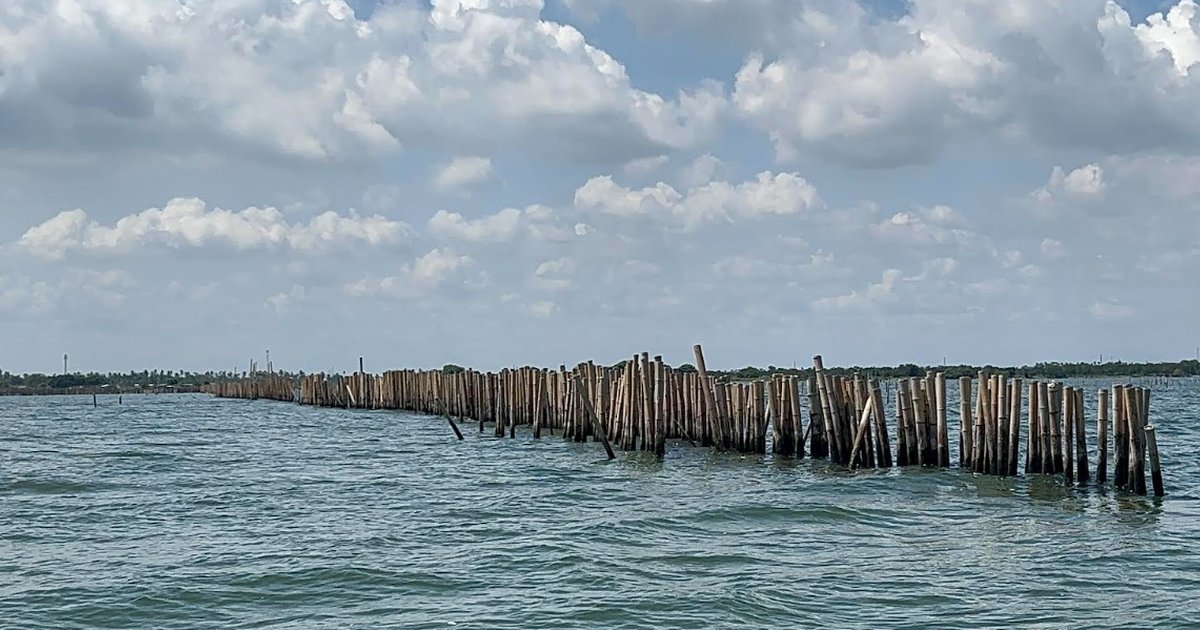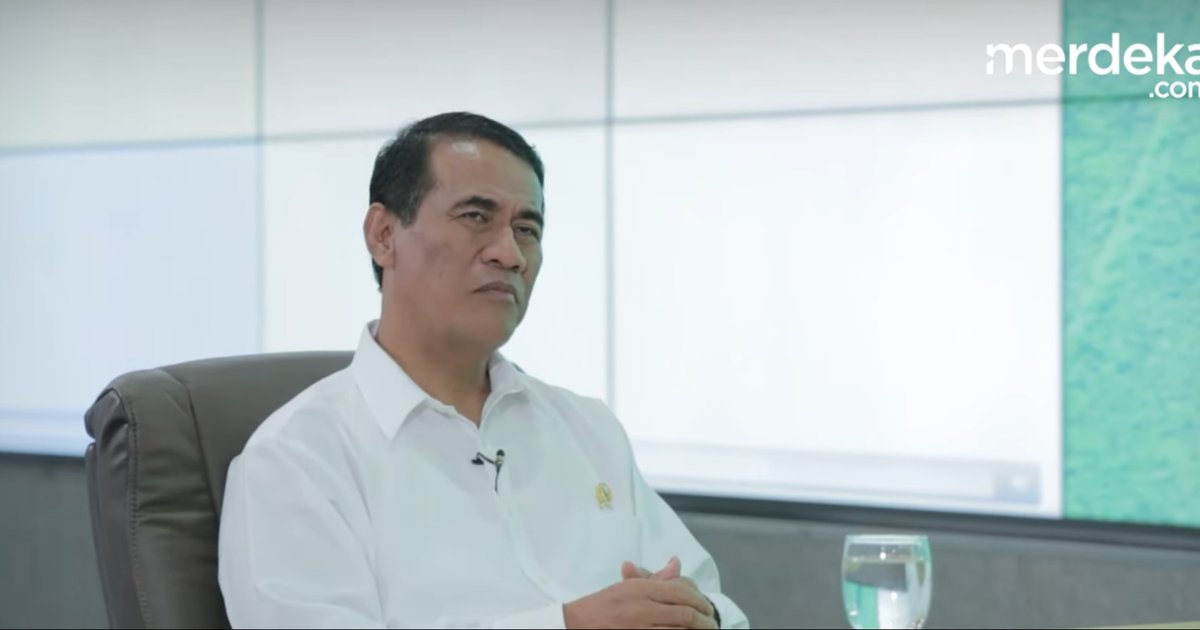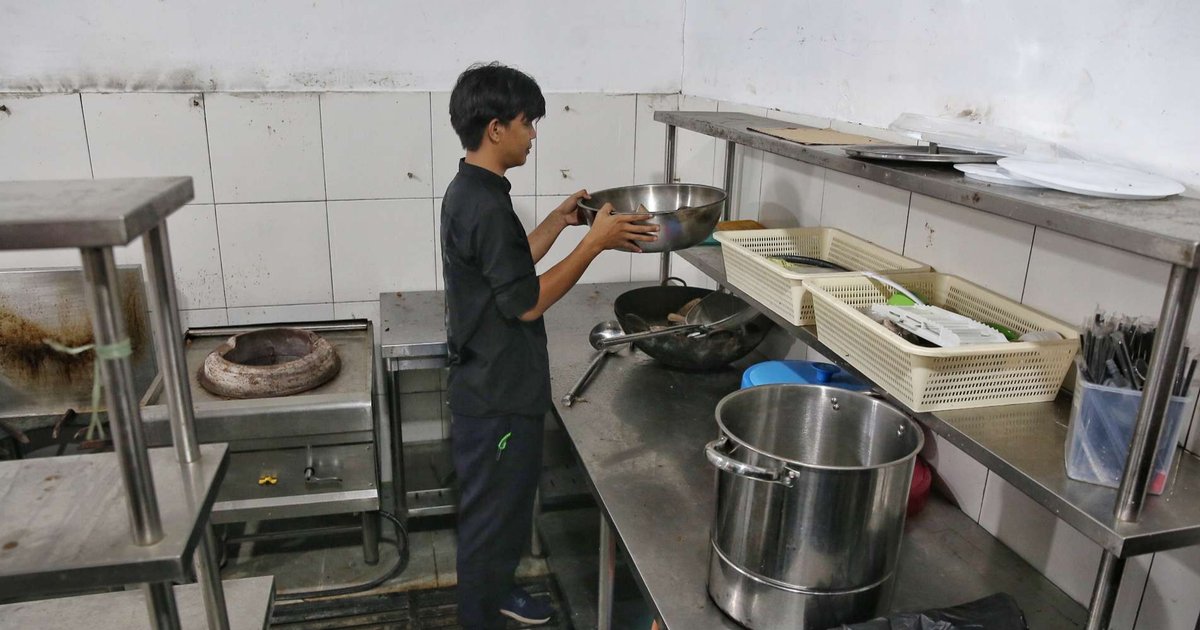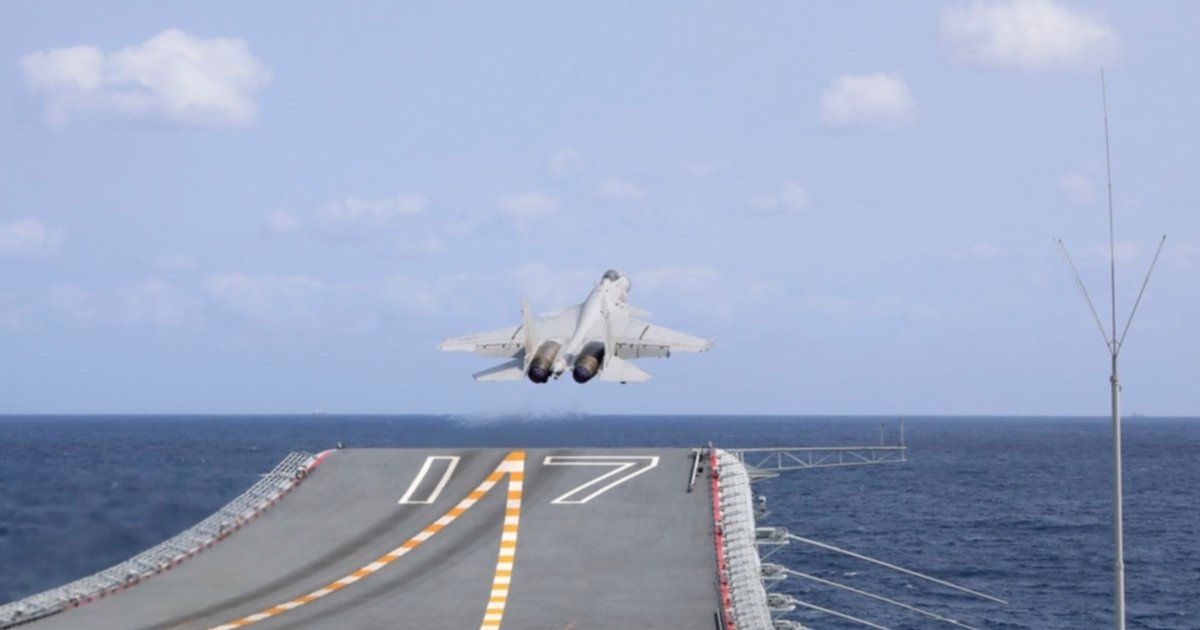I remember a few of the details from a grey Thursday at Royal Portrush six years ago.
It was hardly unusual for a morning at the Open, with a bit of wind, a touch of drizzle, and 100 people or so were crammed between me and the woman a little further along on the left of the first hole. She had no idea her phone was about to be smashed.
And of course she didn’t, because why would she? Not where she was standing, surely, which is to say a good vantage point next to the out-of-bounds markers.
I had walked past the spot a moment earlier. My assignment for that opening day had been to watch the disasters on the 16th, a nasty par-three named Calamity, but by 10am none of the early starters were there yet, and besides, everyone wanted to be on the first for group 20. No calamity there, just the 8-1 favourite.
The roar when the local lad was called up was quite spectacular —one of those noises that escalates in tiers. They expected a lot of him, but maybe not a close view if you were stood near where we were. It would have to be an awful shot to go that far left, even with the nerves, and especially with the cautionary measures of a two iron.
But yank it the local lad did. The draw he had planned became a pull and the pull didn’t listen as he pleaded for it to ‘sit, sit, sit, sit, sit, sit, sit’. No, it would not sit. Not until it had flown so far left that the only way the bleeding ball could possibly stop was to hit something. That happened to be the woman’s phone.
Rory McIlroy struggled at the Open at Royal Portrush in 2019, hitting his tee shot out-of-bounds
Anna McKelvey's phone was hit by a wayward Rory McIlroy shot at Royal Portrush in 2019
McIlroy's tee shot at The Open damaged McKelvey's phone and he soon missed the cut
It wasn’t long before her name was on the internet, along with her age and hometown — such is the way of news when the local lad gets it wrong. But that wasn’t even the worst of it for him.
He reloaded, yanked it left again and buried his ball in thick rough. Hacking out, he was then so hideously placed among weeds and brambles that he took another penalty drop and eventually departed for the second hole with a quadruple-bogey eight on his card.
A few hours later, he totted up the rest of his round and wrote 79. By then, Anna McKelvey, 34, from Bangor, had already been approached by reporters, and a day later, Rory McIlroy, 30 and from not far down the road, missed the cut.
So much for the glorious homecoming at the 148th Open Championship, a tournament which comes to mind now for the simple reason that we are returning to Portrush for the 153rd this coming week. The pressure and expectations on him there will again be enormous.
I’ve talked myself into thinking McIlroy might win and that’s a long-standing condition. The kind of condition that gets phones broken. But we always expect things of McIlroy, don’t we?
We expected them when he was a kid of nine in Holywood, chipping into his washing machine for TV cameras. We expected them when he choked at the Masters in 2011 and we expected them more when he won four majors by 25.
We expected them when he won everything except a big one in the next 11 years and we expected them, with a frenzy, when he finally finished his masterpiece at Augusta in April.
That Sunday in Georgia was the finest I’ve witnessed at a sporting event. The line he then delivered in Augusta National’s walnut-lined media theatre was also one of the most amusing: ‘So what are we going to talk about next year?’
So much for a glorious homecoming for Rory McIlroy, then 30, at the 148th Open Championship
We always expect things from McIlroy and we did as he finished his masterpiece at Augusta
McIlroy's victory on that Sunday in Georgia was the finest I’ve witnessed at a sporting event
But here we are, still talking, still wanting a bit more, still shifting goalposts, never satisfied, moving on fast. Again, expectations.
Ours were for an uninhibited and quick charge to a sixth major, then a seventh. Some asked, quite ludicrously, if he could become the first man to do all four in a season.
And none of these expectations were unexpected. I spoke to McIlroy’s psychologist, Dr Bob Rotella, a fortnight before the Masters and he predicted it: ‘Let’s be honest, if he were to win the Masters within a week or two, people will be talking about him winning the next one. If he wins that, they’ll be talking about winning three. It’s what he’s always had to deal with.’
When McIlroy won at Augusta, I called Rotella back on that Sunday evening. ‘We’re all excited to see what comes next,’ he said. So even he was getting caught up in the ‘what next’ game.
But goodness, the past three months have not been the ‘next’ we expected — poor results, a few sulks, media boycotts, non-compliant clubs, tossed clubs, a smashed tee box and regular admissions that summiting his Everest has left him rather flat.
Maybe that should have been a reasonable expectation, but the McIlroy business does not work that way. Never has, going back 18 years to when he turned pro.
I doubt any sportsman or woman from the UK has lived under the same burden of expectations for quite so long as McIlroy.
Lewis Hamilton maybe? But we’ve made mitigations for the car in his fallow patches. Andy Murray? I don’t believe anyone faced the same pounds of pressure per square inch as he did at Wimbledon, but a third of his 20-year career saw external noises reduced by injuries.
The three months following McIlroy's victory at Augusta have been seriously disappointing
Poor results, sulks, media boycotts, tossed clubs have all occupied the past three months
For McIlroy, it has been unrelenting, an expectation that never eases, cresting four times a season. In those 18 years, he has spent a grand total of 92 weeks outside the world’s top 20, and none since 2009.
His excellence has been easy to measure and his catharsis at Augusta should have been the pinnacle that eradicated the questions of whether he was as good as he was meant to be.
That is the gift and curse of greatness, the rod his talent made for his own back. But there is a relevant caveat to be attached here. Because perhaps he needs it. Perhaps he needs the sniping. The critiques. The bruises. The idea that another calamity at Portrush would be the end of the world. The knowledge that there is always another mountain. Golf is nothing if not an exercise in self-flagellation, after all.
I’ve been at the Scottish Open and one figure close to McIlroy mentioned how there is always someone p***ing him off. Good natured, mostly, but he has to have a scratching post. Until recent days, the media seemed to fill that brief for a man who is predominantly courteous and available to us but almost seems to require minor irritations. It’s how he gets his blood pumping and what he might need after 18 years on the road. Complex individual, McIlroy.
By such theories, all those expectations serve multiple roles — irritant and tonic, anchor and fuel, burden and solution.
Not that he has much to solve. He could break another phone on the first hole on Thursday and finish 156th of 156 in his home Open and it would still be the year he won the Masters. The riddle of Rory McIlroy is that he is quite possibly telling himself the exact opposite.
Palace fans' rage is well-placed
Crystal Palace fans have a right to wonder why UEFA finally decided to follow the letter of the law in keeping them out of the Europa League.
Crystal Palace fans should also question why the club lacked the wit to spot the loopholes
Noni Madueke's £55m transfer from Chelsea to Arsenal is baffling, writes Riath Al-Samarrai
Given how other clubs have used blind trusts to make a mockery of multi-club ownership rules, any rage would be well placed.
But at least some of it should be directed to those at Palace who lacked the wit to spot the same loopholes. Their existence was hardly a secret
A baffling transfer
Noni Madueke is a moderately exciting player. He also has an underwhelming record of 13 league goals and five assists across 67 games in the past three seasons at Chelsea.
In that time, two of his managers have expressed reservations about his discipline and more onlookers have wondered why four good chances are needed for one to go close.
Naturally, this means Arsenal think he is worth in excess of £50million, despite already having Bukayo Saka in Madueke’s favoured position. Sometimes a transfer can end up surprising you; sometimes they are just baffling.

 10 hours ago
3
10 hours ago
3

















































